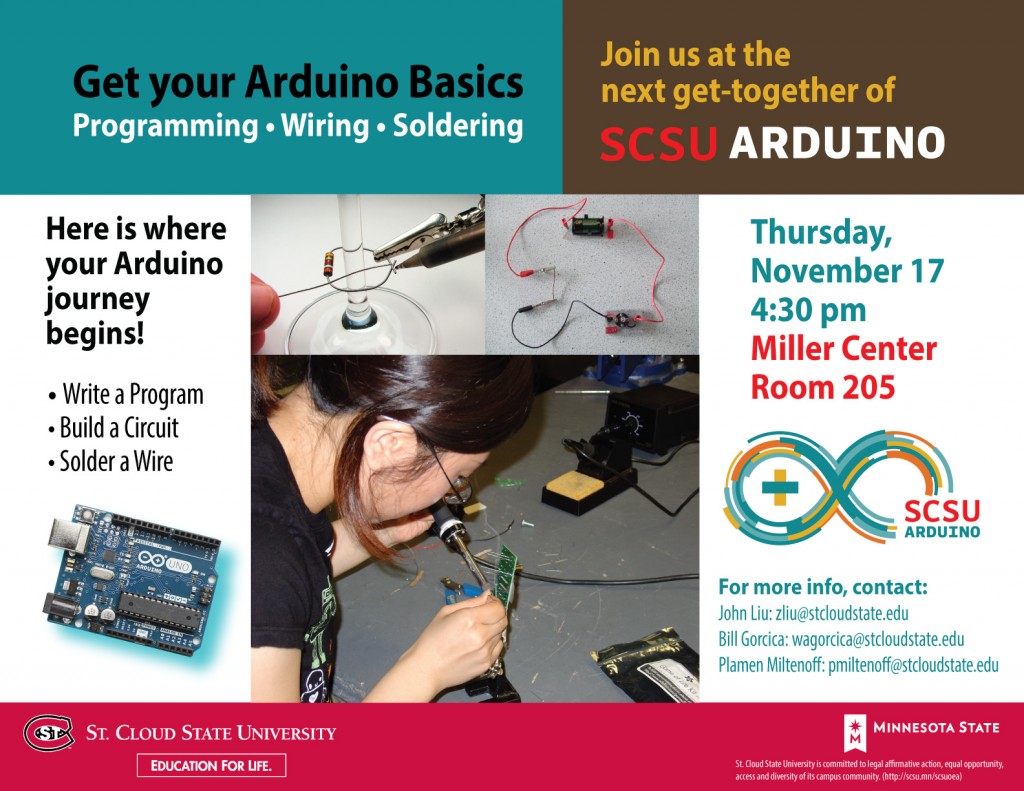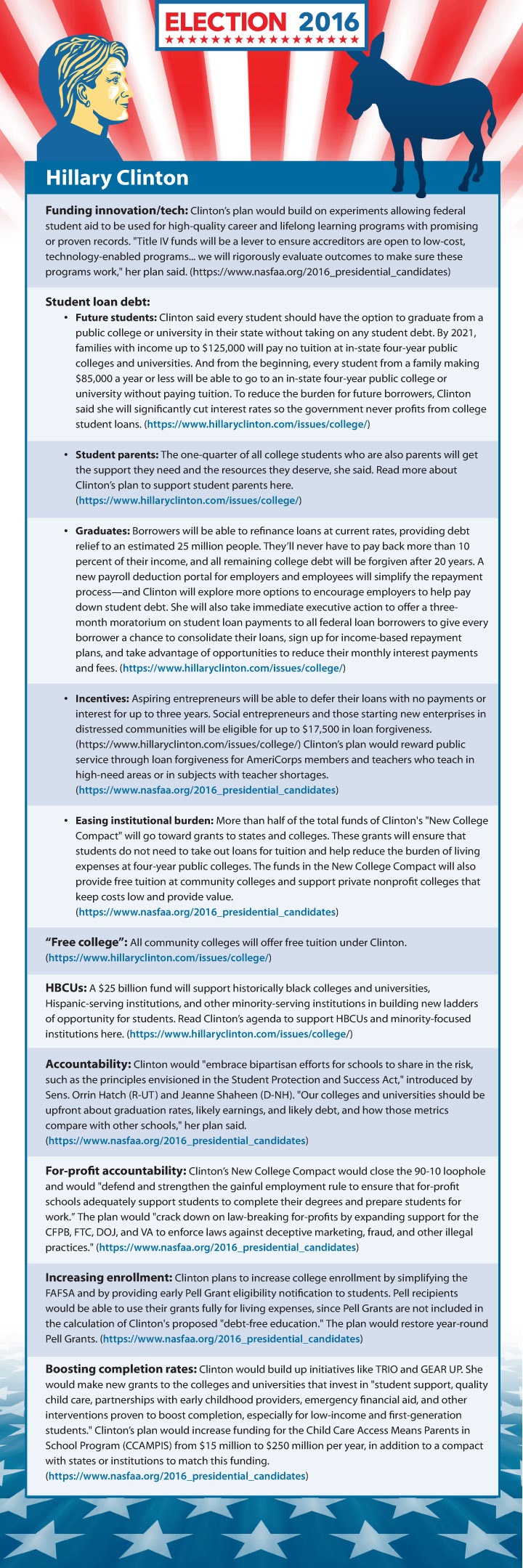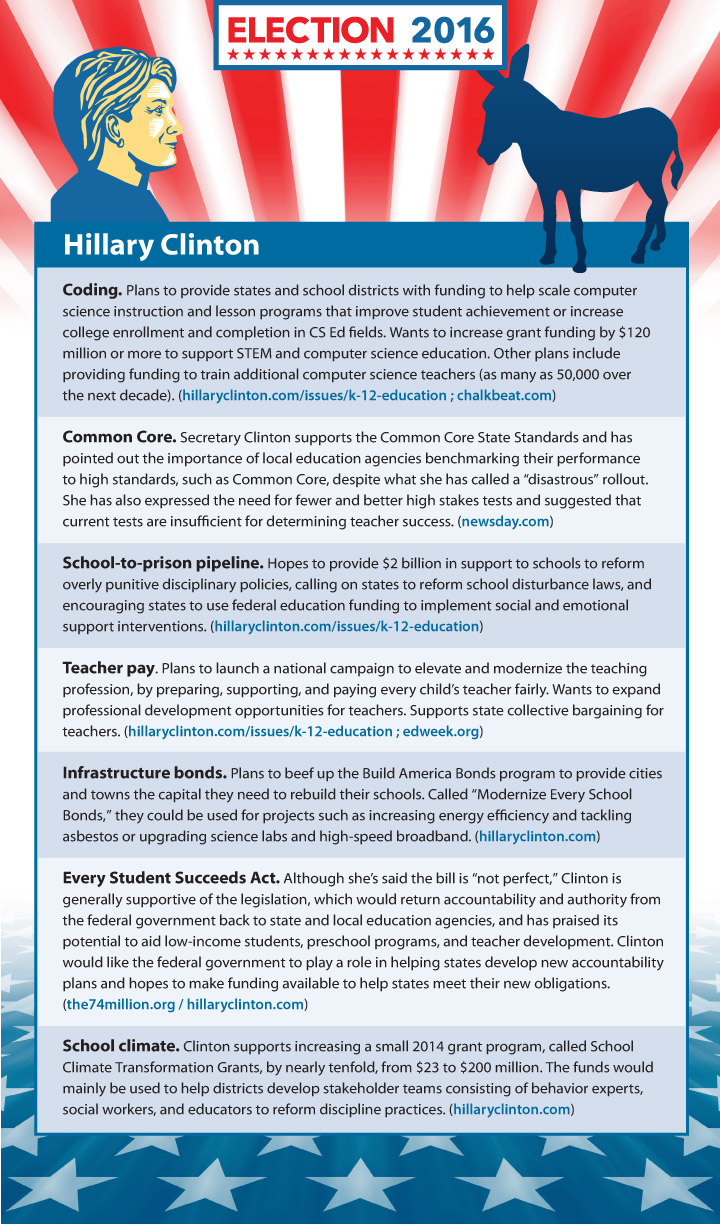elearning (scroll down for hybrid/blended learning)





http://blog.commlabindia.com/elearning-design/elearning-development-aspects-to-consider-infographic




*********************************
blended learning

6 Types of Blended Learning
+++++++++++++++++++++++++++++++++++
online learning
http://blog.teachable.com/the-ultimate-guide-to-launching-your-online-course
http://www.proprofs.com/blog/2013/04/awesome-infographic-best-practices-for-creating-an-online-course/

+++++++++++++++++++++++++++++++++++
more on elearning in this IMS blog:
https://blog.stcloudstate.edu/ims?s=elearning
Save
Save
Save
Save
Save
Save
Save
Save
The Davos Class
http://davosclass.tni.org/
http://civicus.org/index.php/socs-2014-expert-perspectives/586-the-great-divide-exposing-the-davos-class-behind-global-economic-inequality
http://www.occupy.com/tags/davos-classhttps://en.wikipedia.org/wiki/Transnational_capitalist_class
http://www.redpepper.org.uk/who-are-the-davos-class/
http://www.nationalreview.com/corner/439803/scott-walker-davos-class-and-rest-ushttp://itsoureconomy.us/2014/01/exposing-the-davos-class/
State of Corporations – The rise of illegitimate power and the threat to democracy (PDF, 902KB)
Susan George
State of Davos – The camel’s nose in the tents of global governance (PDF, 308KB)
David Sogge
State of Surveillance –The NSA files and the global fightback (PDF, 778KB)
Ben Hayes
State of Empire – How failed foreign policy, new emerging economies, and peoples’ movements are undermining US power(PDF, 526KB)
Phyllis Bennis
https://www.theguardian.com/commentisfree/2016/nov/09/rise-of-the-davos-class-sealed-americas-fate
Get your Arduino basics:
Write a program, build a circuit, solder a wire, here is where your Arduino journey begins!

more about Arduino on this campus:
http://blog.stcloudstate.edu/arduino/2016/11/09/arduino-basics/
+++++++++++++++++++++++
Tablet Market Slumps in Third Quarter 2016, Though It’s Better Than Q2
By Richard Chang 10/31/16
https://campustechnology.com/articles/2016/10/31/tablet-market-slumps-in-third-quarter-2016-though-its-better-than-q2.aspx
Low-cost (below $200) detachables also reached an all-time high as vendors like RCA flooded the market,
“Unfortunately, many low-cost detachables also deliver a low-cost experience,”
++++++++++++++
more on tablets in this IMS blog:
https://blog.stcloudstate.edu/ims?s=tablet
Ed Dept. Launches $680,000 Augmented and Virtual Reality Challenge
By David Nagel 11/02/16
https://thejournal.com/articles/2016/11/02/ed-dept.-launches-680000-augmented-and-virtual-reality-challenge.aspx
EdSim Challenge, the competition is aimed squarely at developing students’ career and technical skills — it’s funded through the Carl D. Perkins Career and Technical Education Act of 2006 — and calls on developers and ed tech organizations to develop concepts for “computer-generated virtual and augmented reality educational experiences that combine existing and future technologies with skill-building content and assessment. Collaboration is encouraged among the developer community to make aspects of simulations available through open source licenses and low-cost shareable components. ED is most interested in simulations that pair the engagement of commercial games with educational content that transfers academic, technical, and employability skills.”
all five finalists prizes of $50,000 to help them further develop their concepts. Finalists will also receive access to expert mentors to help with the process, along with gear and development tools, including Samsung Galaxy S7 Edge, Galaxy Tab S2 9.7″, Gear S3 watch and Gear VR headset, as well as an Oculus Mobile software developer kit. ED noted that other prizes may also be added later.
The submission deadline will be Jan. 17,
Participants must also register on the Luminary Lightbox platform. (Registration is free.)
+++++++++++++++++
more on VR in this IMS blog
https://blog.stcloudstate.edu/ims?s=virtual+reality
Plagiarism: Past, Present, and Future
https://www.linkedin.com/pulse/plagiarism-past-present-future-josh-howell
The proper solution to plagiarism in our nation’s schools is education and vigilance. Students should understand the role of academic integrity inside their own work, and be held accountable when they are not in accordance with academic policies and honor codes. Self-plagiarism, incorrect citations, no citations, or even word for word copying must be taught to students on a regular basis. Updates to both MLA and APA are ongoing as well; therefor, even graduates must stay current with how their citation methods change overtime.
My response to this LInkedIn entry:
Here is most of the information, I have collected on plagiarism, academic integrity, academic dishonesty. I added also Joshe’s opinion LinkedIn entry:
https://blog.stcloudstate.edu/ims?s=plagiarism
My firm conviction through the years is that for-profit such as TurnitIn are a smoke-screen, opportunists, which are trying to bank on lack of organized approach toward educating students and ourselves about the increasing nebulous areas of plagiarism (due to the increasing digitization of our work). It is in their interest to use scare tactics and try to convince us that computerization is the answer. Anyone, who had proofread papers for more than two semesters can detect easily the change of style, the lack of punctuation and other little, but significant details in the writing process. Since, the instructor has to read the paper for content anyhow, it is just preposterous to seek multiple-thousand dollars software license to replace the instructor.
The literature shows that the predominant percentage of students committing plagiarism is doing it due to lack of proper explanation and education. I that sense, I support Josh’s choice of words: education and vigilance. My only addition is that the vigilance must be human based, not machine-based. Higher admin shouldn’t squander finances in purchasing more licenses and cutting faculty positions, but invest in well-rounded and capable faculty.
+++++++++++++++++++++
more on plagiarism in this IMS blog:
https://blog.stcloudstate.edu/ims?s=plagiarism
Mobile Device Management – Strategies for Success
Wednesday, November 09, 2016 | 02:00 PM EST // 11:00 AM PDT
Join us for this free webinar
explore the use and management of mobile devices at schools. Whether your school offers school-issued, BYOD or a combination of both device ownerships
++++++++++++
more on BYOD in education in this IMS blog:
https://blog.stcloudstate.edu/ims?s=byod
Digitorium 2017
The conference welcomes proposals for papers and interactive presentations about research or teaching approaches using digital methods. For the first time in 2017, Digitorium also seeks to provide training opportunities for scholars of all levels keen to learn new digital techniques to advance their work, whether by learning a new digital mapping tool, discovering simple ways of visualizing research findings, using computers to conduct large-scale qualitative research, or experimenting with big data approaches at your desktop. There will be a stream of hands-on workshops running throughout the conference enabling participants both to share their own work, and also to expand their portfolio.
Digitorium 2017 will take place from Thursday 2nd to Saturday 4th March, and again, our primary focus is on digital methods, as this has provided fertile ground for interdisciplinary conversations to grow. There will be “tracks” through the conference based on: methods; early modern studies; American studies; and digital pedagogy. We welcome presentations on any topics engaging digital methods for scholarly purposes, whether for research, teaching, or community projects.
In 2017, the conference is expanding once more to offer not only multiple plenary sessions, panels, papers, and roundtables, but also a concerted series of workshops offering training for delegates in a variety of Digital Humanities techniques for research and teaching, from mapping to text encoding, digital data analysis, and more, to support enhanced professional development opportunities at the conference for faculty, staff, and graduate students.
This year, we are proud to present two plenary sessions and our first-ever plenary hackathon! Professor Scott Gwara (Univ. of South Carolina) will be presenting on MS-Link, a database that he created reunifying scattered manuscripts into full digital codices. Additionally, joint principal investigators of the Isabella D’Este Archive (IDEA) Project, Professor Anne MacNeil (Univ. of North Carolina at Chapel Hill) and Professor Deanna Shemek (Univ. of California Santa Cruz) will be presenting their work on a digital archive uniting music, letters, and ceramics, and will lead our first live hackathon, engaging participants in the new virtual reality component of their project.
There will once again be a discounted “group rate” for registration to enable participants to bring their team with them, as collaboration is such a hallmark in digital scholarship, and it would be great to be able to hear about projects from multiple different perspectives from the people working together on them. There are also discounted rates available for graduate student presenters, and UA faculty. I do not mean to impose, but if this is an event which would be of interest to colleagues and collaborators, I would be enormously grateful if you might be able to circulate our CFP or a link to our website with them, we really want to let as many people as possible know about the conference to ensure it will be a real success.
Here is a link to the website which includes the full-length CFP:
https://apps.lib.ua.edu/blogs/digitorium/
Methods provide the focus for our conference, both in a pragmatic sense in terms of the use of different techniques to achieve particular DH projects, but also the ways in which sharing digital methods can create new links between disciplines in the humanities and social sciences. The idea powering Digitorium is to build on the community which has emerged in the course of the previous two years’ events in order to create a space for conversations to take place between scholars, graduate students, and practitioners from many different disciplines about their shared methods and techniques which unite them in their digital work.
++++++++++++++++++
more on digital humanities in this IMS blog:
https://blog.stcloudstate.edu/ims?s=digital+humanities
My note:
I listened to the report in my car yesterday. It is another sober reminder for being proactive rather then reactive (or punitive). We must work toward digital literacy and go beyond that comfortably numb stage of information literacy.
An Experiment Shows How Quickly The Internet Of Things Can Be Hacked
http://www.npr.org/sections/alltechconsidered/2016/11/01/500253637/an-experiment-shows-how-quickly-the-internet-of-things-can-be-hacked
We have basic security in place in modern devices that screen out the most obvious attacks. Really getting phished, if you will, is more of a problem where you are tricked in surrendering your password or username to a common service. If you plug in your webcam into your router or to your Wi-Fi, you’re relatively safe.
I think the biggest security concern for folks at home would be if their router actually is old, it might have an easily guessed password that someone could gain control. Most modern devices don’t have that problem, but that certainly is a concern for older devices.
+++++++++++
more on cybersecurity in this blog:
https://blog.stcloudstate.edu/ims?s=cybersecurity
Here’s where Hillary Clinton and Donald Trump stand on the biggest K-12 issues
By Stephen Noonoo
October 24th, 2016
more than 2,500 educators responded to an
informal eSchool News poll asking which candidate best represented their vision for the future of K-12 education. (Clinton won that poll with 58 percent of the vote, while Trump received 28 percent; 12 percent were undecided.)
about the candidates and their positions on education, check out the
infographic compiled by eCampus News, which hones in on higher education issues, such as college tuition costs.


++++++++++++++++++++
more on presidential election in this IMS blog:
https://blog.stcloudstate.edu/ims?s=election













